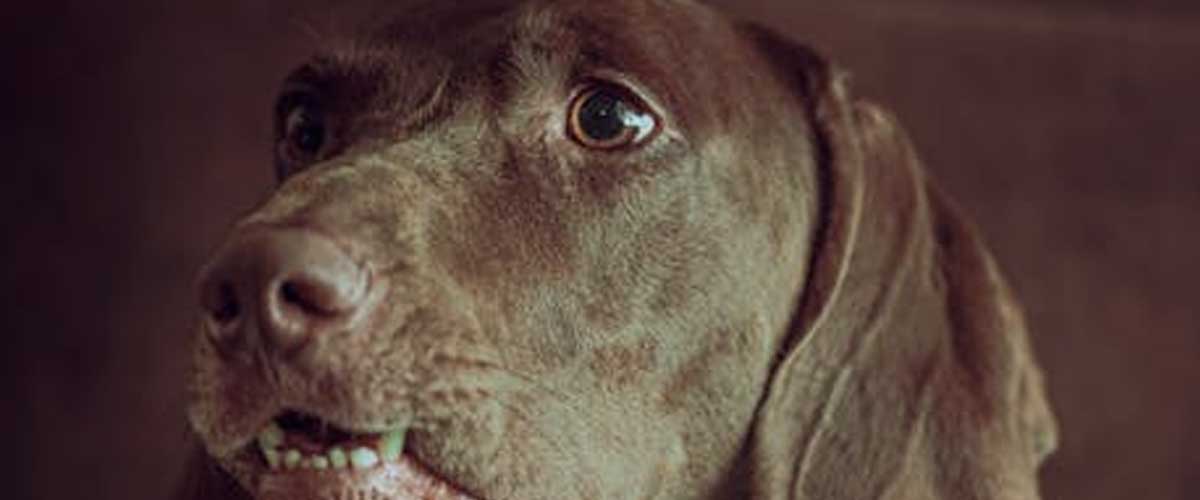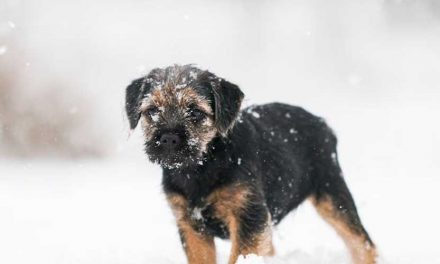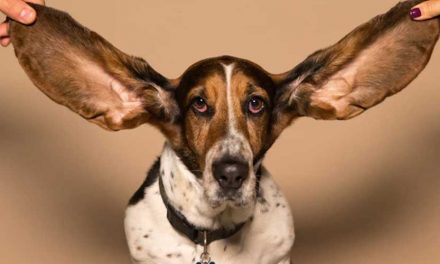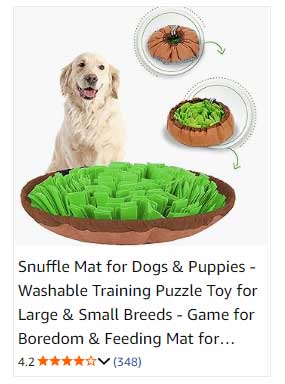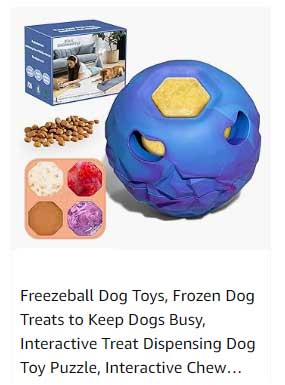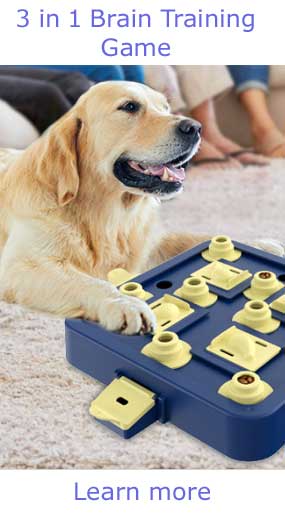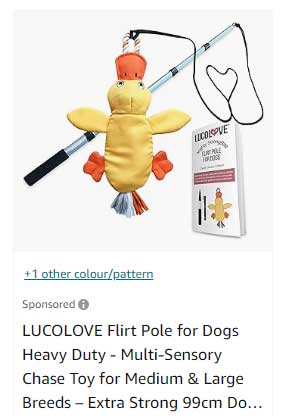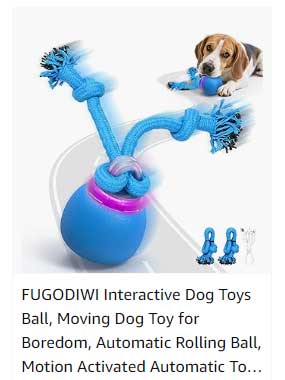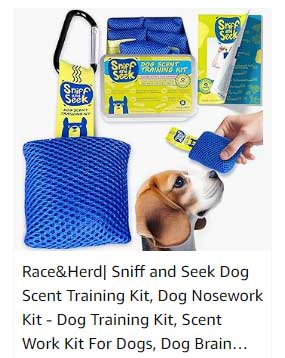The Pudelpointer is a uniquely charming breed that has been gaining popularity among dog lovers and outdoor enthusiasts alike.
This breed is a cross between the Poodle and the Pointer, combining the best traits of both breeds to create an exceptionally versatile working dog.
Let’s dive deeper into the characteristics, history, and care of the Pudelpointer.
A Brief History
The Pudelpointer originated in Germany in the late 19th century.
The breed was developed by the German hunter, Baron von Zedlitz und Neukirch, who aimed to create a reliable hunting dog that could work in various terrains—be it water or land.
By mixing the intelligent and non-shedding Poodle with the graceful and energetic Pointer, he successfully produced a dog that excelled in hunting and retrieving, while also being less prone to allergies due to its low-shedding coat.
Physical Characteristics
Pudelpointers are medium to large-sized dogs with a sturdy build.
They typically weigh between 40 to 70 pounds and stand about 20 to 27 inches tall at the shoulder.
Their most distinctive feature is their dense, curly coat, which can come in various colors including liver, black, and combinations with white.
This coat not only adds to their aesthetic appeal but also provides protection against harsh weather conditions, making them ideal for hunting in various environments.
Temperament
Known for their friendly and outgoing nature, Pudelpointers are generally great family dogs.
They are affectionate with their owners and good with children, making them suitable companions in a family setting.
Their high intelligence and eagerness to please make them relatively easy to train, though they do require consistent, positive reinforcement methods.
Regular socialization and exposure to different environments are key in helping them develop a well-rounded temperament.
Pudelpointers are also highly energetic and require plenty of exercise to stay happy and healthy.
Daily walks, play sessions, and mentally stimulating activities are essential to keep them engaged and prevent boredom, which can lead to destructive behaviors.
Health Considerations
Like many breeds, Pudelpointers can be prone to certain health issues.
Responsible breeders prioritize health testing, but potential owners should be aware of common concerns such as hip dysplasia, elbow dysplasia, and eye conditions.
Regular veterinary check-ups, a balanced diet, and plenty of exercises are crucial in maintaining your Pudelpointer’s health.
Living with a Pudelpointer
If you’re considering adding a Pudelpointer to your home, it’s important to provide an environment that meets their physical and mental needs.
They thrive in active households where they can participate in outdoor adventures and family activities.
These dogs can adapt to various living situations, but they do best in homes with ample space and a secure yard for play.
Training should begin early, focusing on basic obedience as well as specialized skills for hunting or other activities you’d like to pursue.
Because they have a strong prey drive, it’s also crucial to teach reliable recall and leashing techniques for walks.
Conclusion
The Pudelpointer is a delightful breed that offers a perfect blend of intelligence, athleticism, and companionship.
Whether you’re a seasoned hunter or simply looking for a loyal family pet, the Pudelpointer can fit right into your lifestyle.
Their affectionate nature and eagerness to work make them a fantastic choice for those willing to provide the time and care they need.
If you’re considering a Pudelpointer, prepare for a faithful friend and a spirited adventure partner!

